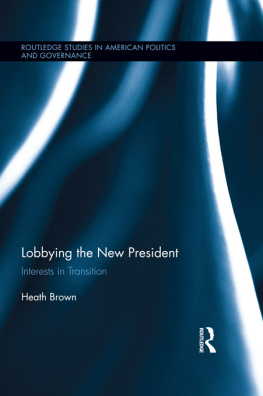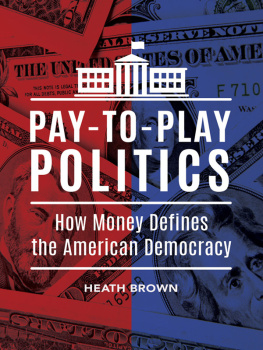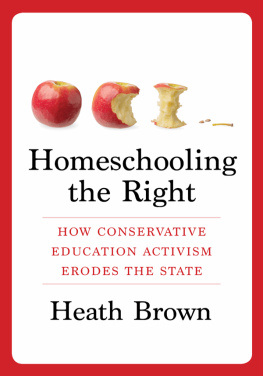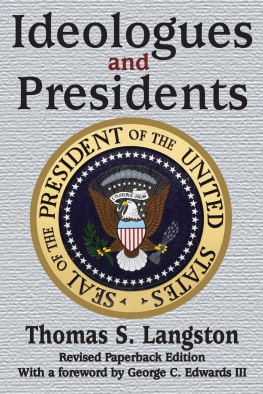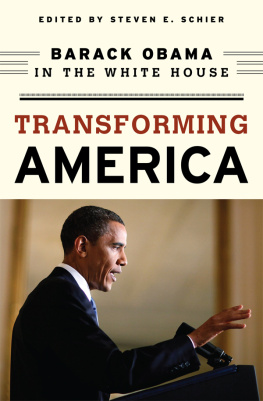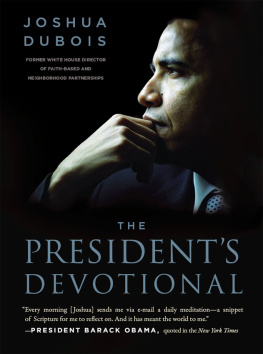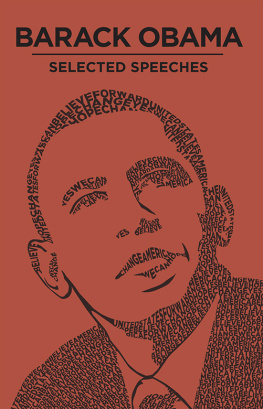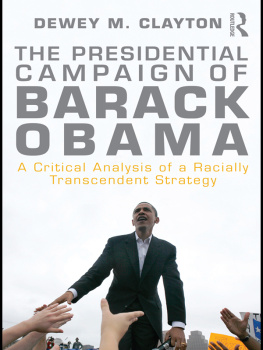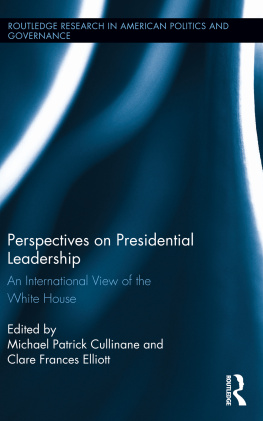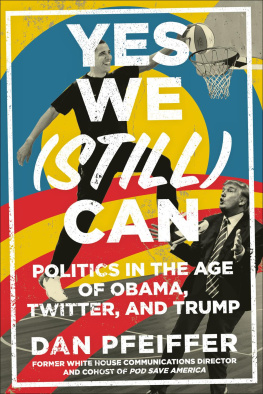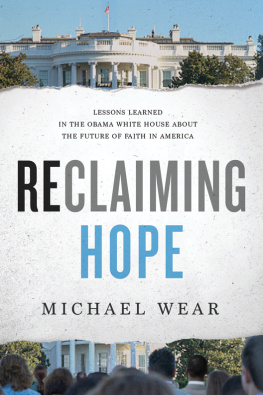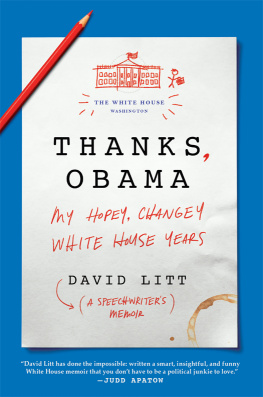Lobbying the New President
Using an innovative mixed methodology integrating a historical analysis of original documents, original interviews with over 40 interest group leaders and transition leaders, a survey of 300 interest groups and content analysis of 300 interest group letters, Lobbying the New President uncovers the politics of interest group influence during Presidential transitions. In doing so, Heath Brown asks:
- Was the role played by Heritage in 1980 and CAP in 2008 indicative of a pattern of influence during the transition phase?
- Or have Presidents effectively shielded themselves from outside influence at the earliest point of their time in office?
- What can we learn about the larger study of interest groups and the Presidency from a focus on the transition phase?
This book is a valuable resource that goes beyond the field of presidency studies which American politics scholars as well as public policy specialists should not go without.
Heath Brown is an Assistant Professor in the Department of Political Science and Public Affairs at Seton Hall University.
Routledge Studies in American Politics and Governance
| Lobbying the New President
Interests in Transition
Heath Brown |
Lobbying the New President
Interests in Transition
Heath Brown
First published 2012
by Routledge
711 Third Avenue, New York, NY 10017
Simultaneously published in the UK
by Routledge
2 Park Square, Milton Park, Abingdon, Oxon OX14 4RN
Routledge is an imprint of the Taylor & Francis Group, an informa business
2012 Taylor & Francis
The right of Heath Brown to be identified as author of this work has been asserted by him in accordance with sections 77 and 78 of the Copyright, Designs and Patents Act 1988.
All rights reserved. No part of this book may be reprinted or reproduced or utilised in any form or by any electronic, mechanical, or other means, now known or hereafter invented, including photocopying and recording, or in any information storage or retrieval system, without permission in writing from the publishers.
Trademark Notice: Product or corporate names may be trademarks or registered trademarks, and are used only for identification and explanation without intent to infringe.
Library of Congress Cataloging-in-Publication Data
Brown, Heath A.
Lobbying the new president : interests in transition / Heath Brown.
p. cm.
1. Pressure groupsUnited States. 2. PresidentsUnited StatesTransition periods. I. Title.
JK1118.B74 2012
324.40973dc23
2011048249
ISBN13: 978-0-415-80852-1 (hbk)
ISBN13: 978-0-203-13989-9 (ebk)
Typeset in Sabon
by IBT Global.
Printed and bound in the United States of America on sustainably sourced
paper by IBT Global.
Contents
Figures
Tables
Acknowledgments
This book is the result of nearly four years of research and the assistance of hundreds of friends, colleagues, and former students. First, I have to express appreciation to Roanoke College, the Center for Community Research, APSA, Seton Hall University, and the IJIS Institute for the resources they provided to help conduct the research and complete the manuscript. Through various grants and in-kind support, each made the collection of data possible. Second, I have to thank all of the Roanoke College colleagues (in particular Harry Wilson, Todd Peppers, and Eddie Nik-Khah) and students (including Graham Quadland, Brittany Weeks, Meghan Sigurdson, Sophie Huemer, Emma Wilson, and Anne Whitesell) who helped me with various aspects of the research. Third, I have to thank everyone who has read sections of the book and offered feedback, including my parents, Robb Unseth, Tom Holyoke, Jason MacDonald, Jeff Henig, John Burke, Michael Spicer, Samuel Hoff, and Karen Hoffman. Finally, while I cannot name each person I interviewed, dozens of individuals and organizations gave me time to ask them numerous questions, some on more than one occasion. Each helped make this book possible.
1
The Call for the Book
In Jeffrey H. Birnbaums (1993) best-seller, The Lobbyists , he recounted the growing influence of a cadre of well-positioned Washington insiders who manipulated policy and politics through networks of connections and often unseen influence. So powerful yet unpopular has been this trend that as a presidential candidate John F. Kennedy proclaimed: A new administration must screen out those who regard Government service as the door to power or wealth, those who cannot distinguish between private gains (Kennedy, 1960). The future president went on to articulate a code of ethical conduct that would shield the public from self-interested federal officials, and promote transparency and good governance.
Just a few weeks later, Kennedy won the election versus Richard Nixon and named Clark Clifford to oversee his transition (Acacia, 2009). Clifford was a logical choice, having been a close advisor to President Truman and personal lawyer for Kennedy (Williams, 1991). During the 1948 transition, while Truman vacationed in Key West, Clifford and Harvard professor Richard Neustadt observed with deep concern, Congressional leaders made bargains with interest groups which deprived [Truman] of control of his legislative program (Quoted in Schlesinger, 1965, p. 122). Such was the relaxed and permissive nature of many transitions prior to 1960. Clifford aimed to correct this predicament by organizing what subsequently has been credited as the first organized and systematic presidential transition in US history, relying heavily on the policy expertise of the Brookings Institution and his insiders knowledge of Washington. Shortly after the election, Clifford opted not to join the Kennedy administration. Instead he chose to return to his private legal practice, leading Kennedy to joke that the only thing Clark Clifford asked for was to have the name of his law firm printed on the back of the dollar bill (Quoted in Frantz & McKean, 1995). And in the end, despite Kennedys campaign proclamations, Clifford used his experience on the transition, and several subsequent federal appointments, to become one of the most influential lobbyists in Washington until his death in 1998 (Acacia, 2009). He of course eschewed such a label, but wielded considerable influence for his clients through what he described as his extensive knowledge of how to deal with the government on your problems, and advice on how best to present your position to the appropriate departments and agencies (Quoted in Cornwell, 1998).
But Cliffords story is not unusual. Presidential transitions have provided ample opportunities for other special interests to cement their influence with new presidents. Edwin Meese oversaw President Reagans transition in 1980. At the time, he was closely aligned with a rising power in Washington politics and policy making, the Heritage Foundation. Meese personally distributed copies of the Heritage Foundation transition recommendations to Reagans cabinet and chose numerous Heritage officials for key positions on the transition team (Meese, 1992). This access allowed the newly formed think tank to serve as the outside planner of the transition, a primary job bank for federal appointments, and ultimately as the chief influence on major policy decisions in the 1980s (Blasko, 2004). Meese went on to serve as a key White House advisor, attorney general, and then on the Heritage board, promoting their ideas during subsequent presidential transitions.

